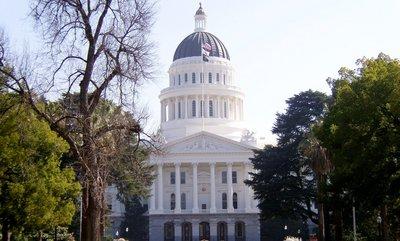Eight billion dollars. That’s the amount of money trial attorneys have leveraged from California employers over the last six years in Private Attorneys General Act settlements.
Employees rarely see that money, though. They generally take home a minimum amount while attorneys keep hundreds of thousands of dollars for themselves.
The Labor Commissioner’s office agrees. In a 2019-20 budget disclosure, the agency noted that “the substantial majority of proposed private court settlements in PAGA cases reviewed by the (PAGA) Unit fell short of protecting the interests of the state and workers.”
So why does the California Legislature continue to defend this law?
In simple terms, PAGA is an 18-year-old law that allows aggrieved workers to file any labor code violation claims on behalf of a group of employees – even if no one has been harmed. Since it is not classified as a class action, they avoid class certification rules.
However well-intentioned, PAGA has evolved into an easy way for trial lawyers to shakedown businesses at the expense of workers and their employers.
State data shows that it’s taking much longer for workers’ claims to be resolved by trial lawyers than when it’s handled by the independent Labor Commissioner’s office. Wage claim cases should be timely since many employees are working paycheck to paycheck and can’t afford to wait two or more years for a wage claim.
More than a third of all settlements go directly to the attorneys, who sometimes walk away with millions, while workers end up making substantially less.
PAGA-related court cases drag out for years and are extremely costly, especially for small mom-and-pop businesses and nonprofits. Even good-faith employers who haven’t harmed their employees or improperly paid them are losing millions of dollars because it is easier and oftentimes less expensive for businesses to settle.
The easy incentive for trial lawyers to slap a PAGA claim on their labor-related cases has…
Read the full article here







